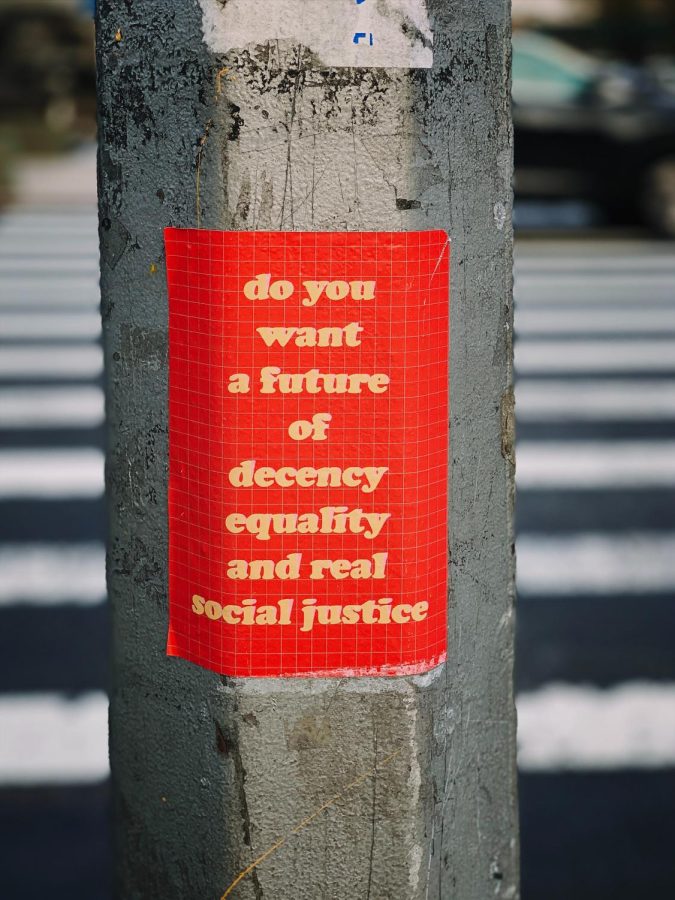 David Taintor
David TaintorNapster, the infamous file-sharing software released in 1999, spread more than just copyrighted files. It spread an entire philosophy of consumption. Unsurprisingly, an ethical discourse ensued. Though this is old news, the issue remains.
Those who imagine an either/or end to it all are likely mistaken. I doubt that the sharing of copyrighted material will ever become decriminalized, but I also doubt there will come a way to stop it completely.
In the last couple of years or so, there have been new strategies in the promotion and sale of music in the mainstream. In a big way for the first time, the music industry is adapting to consumer habits as opposed to vice versa.
In China, there has been a dramatic step taken – Google is giving away mp3s. Around 350,000 of them are currently in stock, and the number increases daily. While sites like LaLa.com and The Hype Machine provide even more comprehensive libraries for the United States, they still do not provide full ownership of music files.
Here, the only free music is streamed music, which requires the listener to not only sit somewhere near a computer, but also have Internet access. Google China offers full ownership of its mp3s.
In a world of increasing accessibility to any type of music, I must say there will never again be a band or individual as big or influential as The Beatles, Bob Dylan or The Rolling Stones. Don’t get me wrong, bands exist today that I think are just as good — if not better because they are more relevant – than The Beatles, etc.
I am saying that as the sheer quantity and accessibility of music raises, the ability to broadly market any of them decreases. Part of the reason The Beatles were so popular is because nobody could go on MySpace and listen to other bands; nobody could download the free song of the week on iTunes Music Store.
I open iTunes and already see music from all over the world at first glance: France, Brazil, Nigeria, Jamaica, Australia (it’s not AC/DC), Ukraine, the list goes on. Before the Internet came about, the only international artists one heard of here were huge back in their home countries. I mean really, really huge. And even then, breaking overseas was considered a stroke of luck.
It’s nice to have such access to international music as a listener and enthusiast, but art is the greatest beneficiary. Another way in which the Internet has changed music belongs to the music itself.
I’ve watched M.I.A.’s popularity grow since I first listened to her in 2005 when “Arular” was released. Sure she’s British, but her music comes from somewhere else. She manages to incorporate parts of her ancestral Sri Lankan Tamil without it feeling like cut-and-paste. The first time I heard her, I was convinced it was South American.
Compared to fully globalized America, Malawi is secluded. Yet Esau Mwamwaya, a young hip-hop singer from the capital city Lilongwe, discovered artists like New York’s Vampire Weekend, German composer Hans Zimmer, and, funny enough, M.I.A.
Being from Malawi, I doubt Esau would have ever heard these artists, or even met his producer Radioclit to form their group “The Very Best,” without the Internet. Of course, Esau turns these international songs into something specially Malawian.
Remember when George Harrison discovered and blended traditional Indian sitar music into The Beatles’ pop, and how novel that was? I think that that sort of thing is quickly becoming a given.
Thanks for reading.
– T-Ed
My Music Review:
(Banksy inc.: AWESOME!) Baaba Maal: “Mi Yeewnii” – If you ever lay in a bunk early on a cool evening in Milford Sound – a five hour drive from Nowhere, New Zealand – and listen to this CD over earhuggers smiling, you’ll know.
(Nudity: OK!) Yo La Tengo: “Blitzkrieg Bop” – A thief finally came in and stole this song for old stock-surfing footage. Beach! Yahoo!
(Downtown jail: NO!) Pierre Kolmann: “Para danar” – This sucks so bad that I can’t help turning it on in the car to even out these glorious spring days.
Waldbillig is a senior English major, with a creative writing emphasis, and a guest columnist for The Spectator. Pop Itself appears in the Showcase section every Monday.





